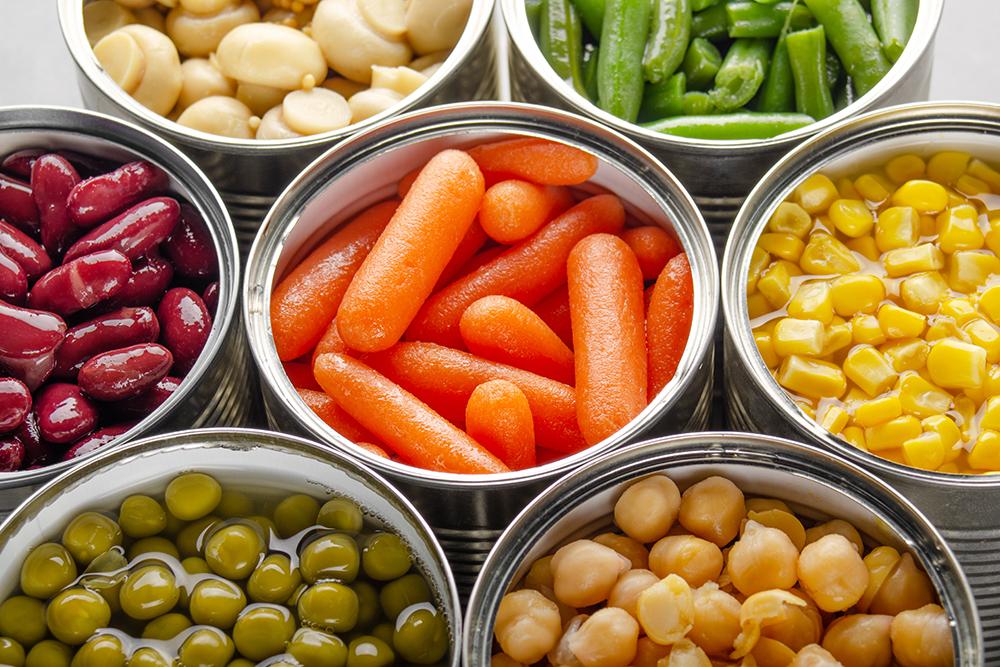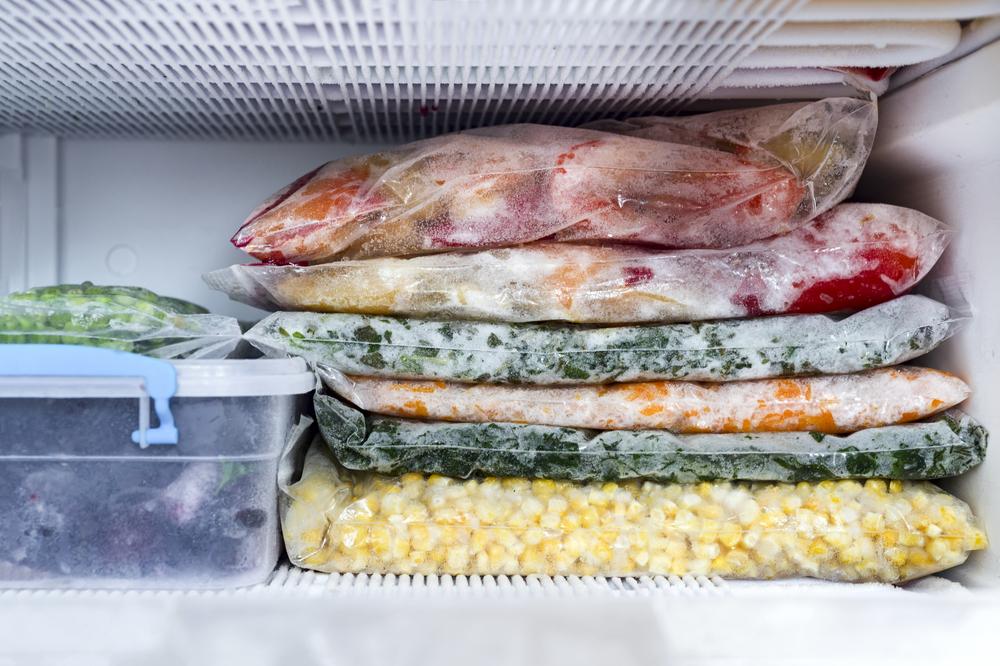A diet is risky because you’re suggesting that it’s a short term thing, it’s a short term project. And eating and healthy nutrition and balanced nutrition is a lifestyle, it’s a lifelong approach to eating. And a diet suggests that it’s a short-term adjustment. The hot topic or the hot diet right now would still be the ketogenic diet. A ketogenic diet is pretty risky, especially when an athlete’s going out on a long run, for example, or going on a long bike ride. Not fueling appropriately, they could get out into the middle of somewhere where they’re riding to or running too and not have enough energy to come back. And so that’s extremely risky. Also, too, when you’re doing extreme things with your diet and you’re restricting foods and cutting out foods, you run the risk of eliminating key nutrients that are necessary for not only performance, but long-term health. If you’re restricting calories, for example, over the long-term, that can have a huge impact on bone density. And there’s so much research showing calorie restriction leading to decreases in bone density, which is definitely risky for athletes.
Parents are the key influencers of their children’s diets and their dietary habits. And even if it’s a comment like, “I don’t like cantaloupe,” kids hear that. And then they’ll say, “Oh, well, Bobby doesn’t like cantaloupe so I’m not going to try it. Or I don’t like it either.” And they haven’t even tried it. So just realizing that children are always listening and they’re always watching whether you’re addressing something by saying something or not. And so setting a really good example and showing them that I’m preparing my food, I’m taking time with my food, I’m turning the TV off while I’m eating my meal and we’re going to sit and eat as a family so that we can all focus on our eating. Those are things that really, if a young athlete notices it or not, really can impact how their eating habits develop.
Eliminating foods completely is a difficult thing to do for a young athlete’s diet, whether it’s good or it’s bad. And so, one of the things to focus on as a parent is to really say there’s a time for certain foods and there’s a time for consuming something that might not be as good. And then there’s a time where we really need to focus on high quality food and nutrition. And so, a lot of times we look to sweets and we say, “Oh, are cookies bad?” They’re not bad, but let’s have them at the right time. Maybe it’s not before competition, maybe it’s not even right after competition, but maybe it’s on a recovery day. And then the portion sizes are important to focus on too. One cookie, one all naturally prepared, home cooked cookie is much better than a box of processed cookies.
My advice for parents that know nutrition’s important and they want to help their young athletes understand that nutrition is important is to focus on the basics. Have them, like I said, be involved in the preparation. Have them understand, even going to the grocery store, how do you sift through what you’re going to buy and what your choices are going to be? And really involving them in the process of food preparation and then the serving of it and taking time to enjoy it together as a family. I think a lot of what we’ve run into in terms of poor eating habits really comes down to the convenience and not taking the time to enjoy food.



